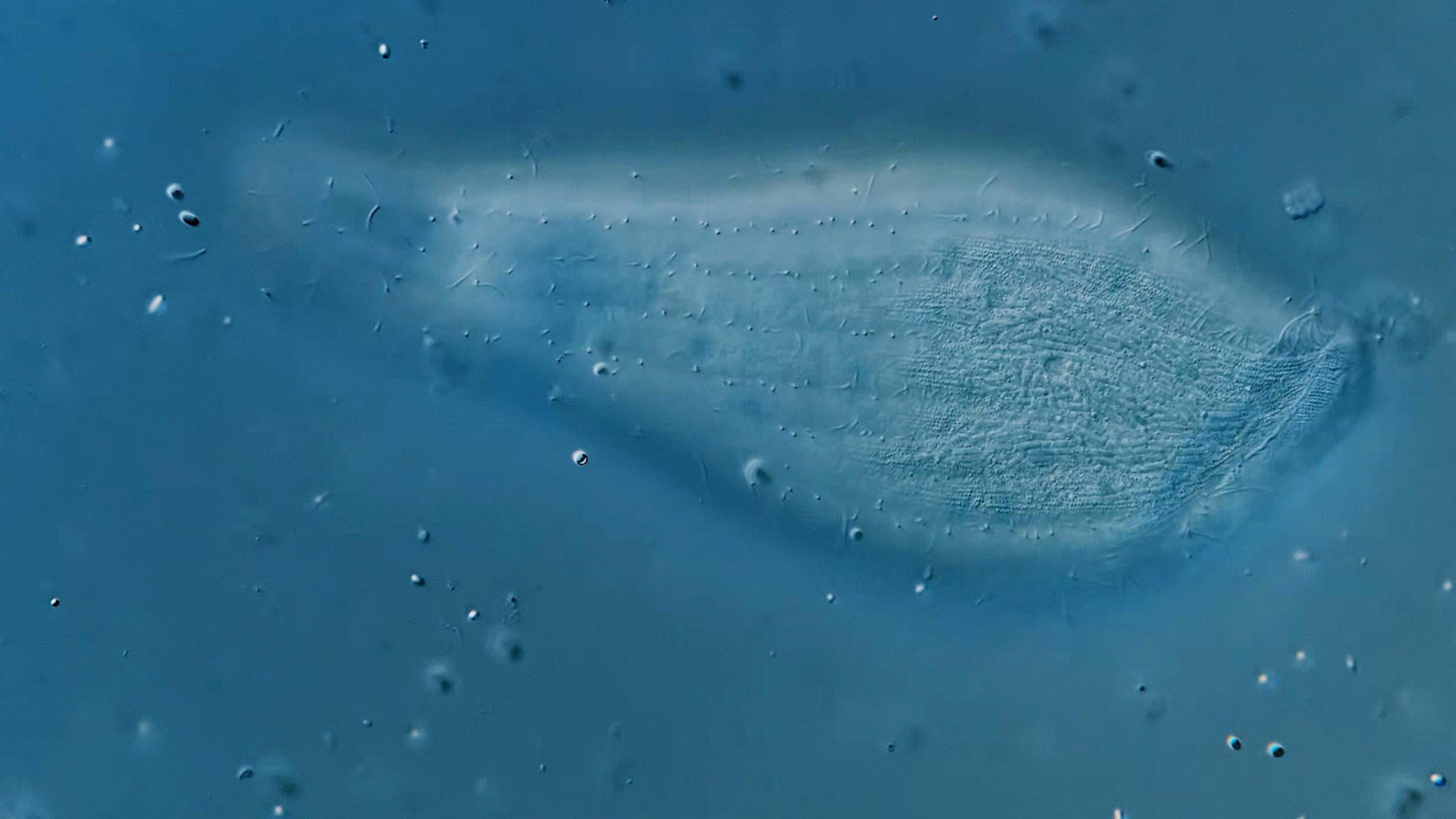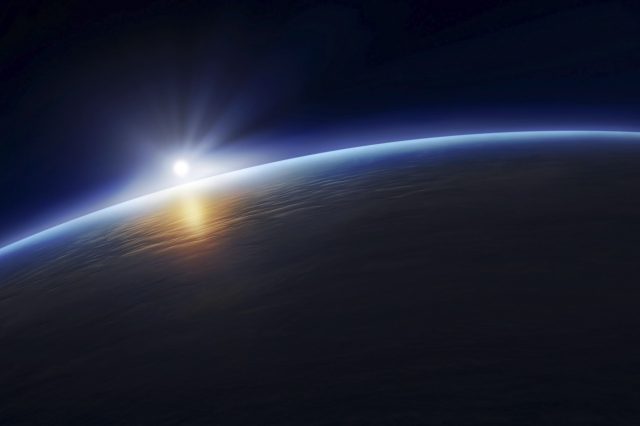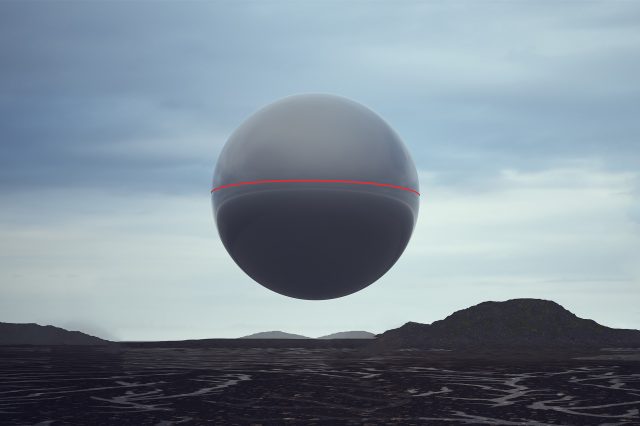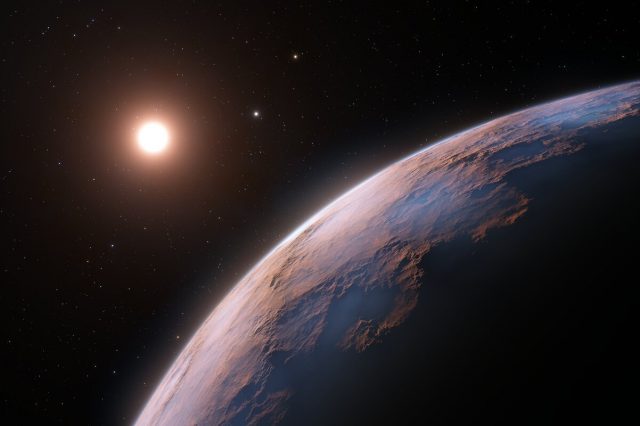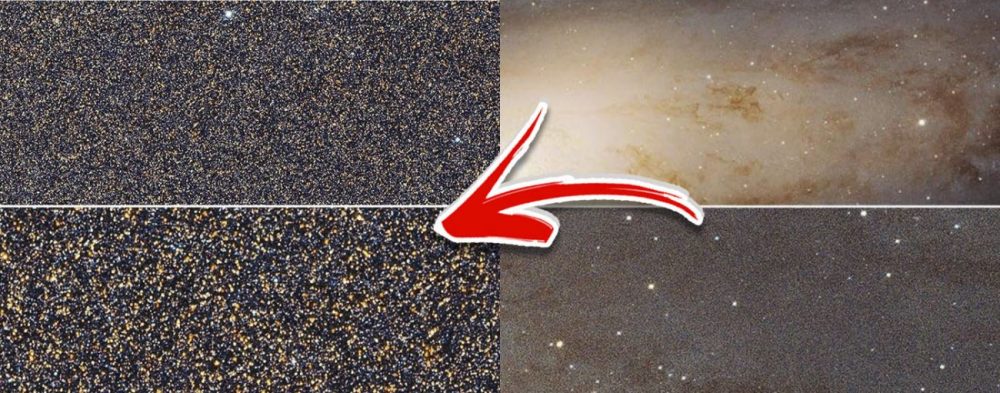The vastness of space has long been humanity’s greatest enigma, sparking interest in the possibility of life beyond Earth. At the heart of this exploration are the tiniest of organisms: microbes. These resilient life forms provide valuable insights into potential survival strategies in the harsh environment of space.
Beginning with a 1960 Russian satellite experiment with strains of E. coli and Staphylococcus, researchers have delved into understanding the capability of microbes to withstand the challenges of space. Early findings showcased their remarkable survival in microgravity, leading NASA to further investigate their ability to thrive in such daunting conditions.
Among the galaxy of microbes, Deinococcus radiodurans stands out due to its astonishing resilience against intense gamma radiation. Experiments mimicking space’s hostility couldn’t deter these microbes, who not only withstood the trials but also multiplied. While the exact survival mechanisms remain a mystery, current insights suggest a combination of proteome shields and unique proteins. The research world was stunned to learn that D. radiodurans could survive onboard the space station for a whopping three years, sparking conversations about its potential existence on other celestial bodies.
Unpredictable Behaviors: The Microbial Response to Space
Space does odd things to bacteria. NASA’s subsequent microbial missions unveiled baffling results. While some bacteria displayed increased antibiotic resistance, others showcased reduced virulence. The underpinning factor? Adaptation. Just like on Earth, microbes altered their genetic makeup in response to environmental changes in space, with fluid shear possibly enhancing their antibiotic resistance.
Deep genomic investigations further revealed that microbes in space developed a higher tolerance for metals and a greater capacity for antibiotic resistance. These discoveries indicate that these microbial adaptations, in tandem with physical cellular alterations, play a pivotal role in their space survival.
Bacterial Life Aboard the International Space Station
Surprisingly, the International Space Station (ISS) has turned into a microbial haven, housing an assortment of bacteria and fungi. A 2019 study highlighted that many of these space dwellers originated from astronauts’ microbiomes, with a few even displaying opportunistic pathogenic traits. The increasing microbial presence has naturally raised concerns about potential contamination, prompting rigorous disinfection protocols to ensure astronaut safety.
Magnetotactic bacteria, such as Magnetospirillum, which play a key role in Earth’s iron cycle, have spurred new hypotheses about Martian life. Given their ability to harness magnetite and the abundance of this mineral on Mars, researchers are optimistic about its role in sustaining Martian life.
NASA’s Perseverance rover is currently analyzing Martian rock samples, hoping to discover traces of ancient life. Interesting findings have already emerged, like the magnetite crystals in the Martian meteorite ALH84001, which bears similarities to Earth’s magnetotactic bacteria.
The excitement over extraterrestrial life has globalized space exploration endeavors. For instance, ISRO’s lunar rover Chandrayaan-3 recently made history by landing near the moon’s South pole. With the objective of studying lunar characteristics and searching for biological activity signs, space missions worldwide contribute to the vast repository of knowledge on potential extraterrestrial life.
As the universe unveils its secrets, microbes, with their incredible resilience and adaptability, emerge as promising indicators of life beyond Earth. The continuous discoveries from numerous space missions fuel the hope of not only locating alien life but also supporting Earth’s life on distant planets.
PLEASE READ: Have something to add? Visit Curiosmos on Facebook. Join the discussion in our mobile Telegram group. Also, follow us on Google News. Interesting in history, mysteries, and more? Visit Ancient Library’s Telegram group and become part of an exclusive group.

